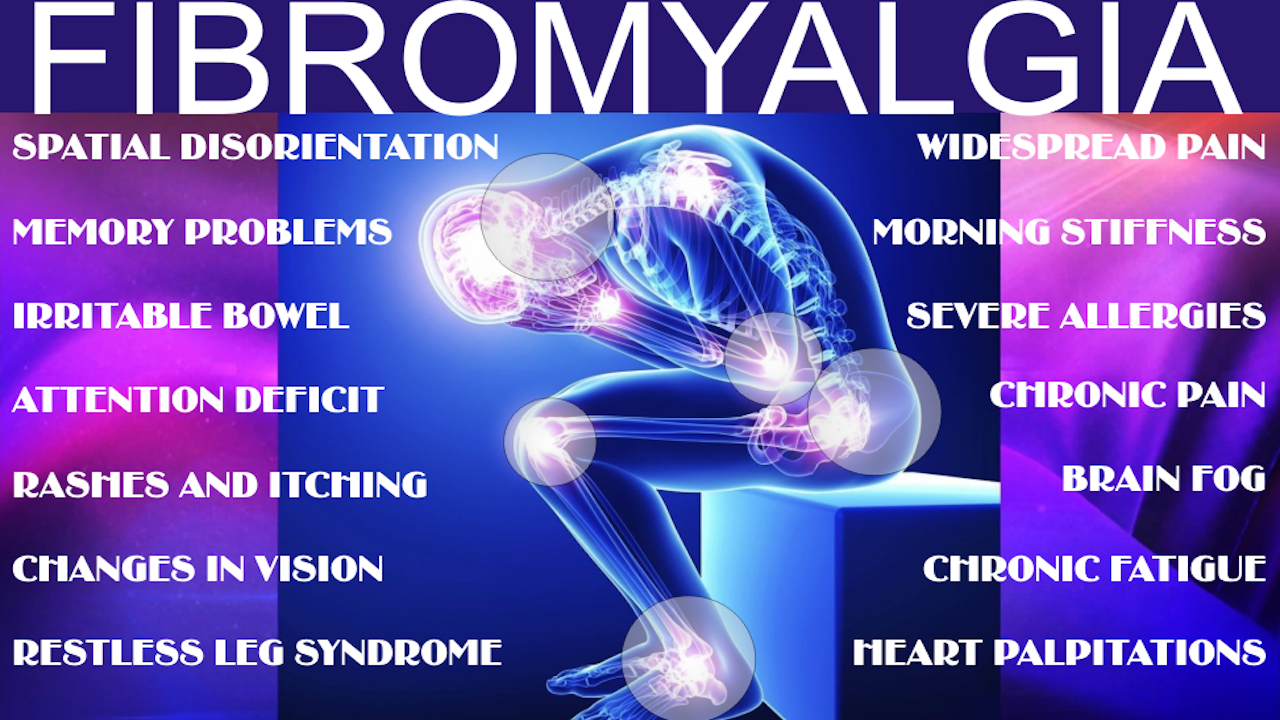Key Takeaways
- Dealing with fibromyalgia effectively involves a strategy incorporating aspects of care and treatment.
- New treatment developments provide a glimmer of hope for those dealing with the condition.
- Mind-body treatments and adjustments, to ones lifestyle, play a role, in managing symptoms.
What Is Fibromyalgia?
People, around the world are affected by fibromyalgia. A lasting condition is known for causing pain and fatigue as well as trouble with thinking clearly. Many wonder “Will fibromyalgia put me in a wheelchair?” but generally it doesn’t directly result in that outcome; however severe symptoms can severely limit movement and well-being underscoring the importance of managing it. The key, to dealing with this incapacitating condition is gaining insight into its nature and effects.
Common Symptoms
People, with fibromyalgia may experience diverse symptoms, which can vary for each person. The usual symptoms include:
- Muscle pain, which they often describe as a dull ache lasting for at least three months
- Fatigue upon waking up despite sleeping for periods of time due to sleep interruptions caused by pain and the presence of sleep-related conditions, like restless leg syndrome and sleep apnea
- Difficulty sleeping or staying asleep which can worsen their pain and tiredness in a cycle
- Challenges known as “fibro fog”; This issue affects the ability to concentrate and focus on tasks effectively
- Headaches or migraines as well – adding to their already existing discomfort
These signs and symptoms have an effect, on everyday living by restricting one’s capacity to work efficiently and engage in interactions or routine tasks
Conventional Treatment Options
Traditional approaches, to addressing fibromyalgia tend to prioritize symptom management over seeking a cure for the condition utilizing a mix of medications and therapies, in the process:
- When you have pain you can use, over-the-counter pain relievers to help lessen it; for more severe pain you might need prescription medication.
- Antidepressants may aid in decreasing pain and fatigue while also enhancing sleep quality.
- Anti-seizure medications, which are intended for epilepsy treatment may also help alleviate types of pain linked to fibromyalgia.
- Engaging in therapy and customized exercise routines can enhance an individuals strength and flexibility while boosting endurance levels to alleviate symptoms effectively.
- Therapy can be beneficial, in addressing the aspects of long-term pain issues, like depression and anxiety.
For details regarding these treatments refer to the guidelines provided by the Mayo Clinic.
Emerging Treatments
Research is ongoing to find ways to manage fibromyalgia effectively, with promising interventions being explored in the field of healthcare.
- Advanced imaging methods are now available to detect brain and nerve irregularities linked to fibromyalgia a condition that affects individuals.
- Novel treatments are being studied to address the root causes of fibromyalgia in hopes of providing relief from symptoms.
These therapies have the potential to greatly enhance the well-being of patients and provide a sense of optimism, for individuals dealing with symptoms. It’s important for those impacted by fibromyalgia to stay up-to-date on the advancements in treatment.
Stay informed, about the advancements in fibromyalgia research by keeping track of reliable sources, like the National Institutes of Health (NIH).
Mind-Body Therapies
Practices such as yoga and meditation, along with cognitive behavioral therapy, have demonstrated effectiveness in easing symptoms of fibromyalgia by decreasing stress levels and enhancing health and happiness levels. Engaging in these techniques can result in notable pain relief and enhanced quality of life.
Practicing yoga and meditation can make you relax and ease the processes that worsen pain levels, in your body while cognitive behavioral therapy (CBT) works on tackling the pessimism that often comes with pain conditions to empower people in effectively handling their symptoms.
Lifestyle Tweaks
Making lifestyle adjustments can have an impact, on individuals dealing with fibromyalgia symptoms so it’s worth exploring the following changes;
- Engaging in activity, such as taking leisurely walks, going swimming, or practicing tai chi, can enhance overall physical well-being and help alleviate discomfort.
- Maintaining a rounded diet consisting of foods, like fruits and vegetables together with lean proteins and whole grains is essential, for promoting good health and overall well-being.
- Getting into a sleep. Setting up a peaceful sleep environment can help reduce tiredness and improve energy levels.
- Keeping track of your symptoms and noting down any triggers, in a diary can be beneficial, for recognizing patterns and finding ways to manage them.
- Taking breaks during the day can be beneficial, for managing discomfort and avoiding increases, in pain levels.
By incorporating these adjustments to their routine and habits individuals suffering from fibromyalgia can enhance their quality of life. Effectively handle their health condition.
Resources and Support
Interacting with support groups and virtual communities offers assistance and useful guidance connecting with individuals who comprehend your situation can be both reassuring and empowering.
Belonging to a group brings advantages.
- Connecting through shared experiences is a way to gain insights and perspectives by listening to others facing similar challenges.
- Feeling emotionally supported can lift your spirits. Help you feel less isolated, by knowing you have others by your side.
- Useful tip, from the community members include sharing advice and tactics on how to handle symptoms and enhance one’s quality of life.
Engaging with support groups plays a role, in managing fibromyalgia and it is advisable to explore both local gatherings and online forums to expand your network of support.

